
Oxford Mayor Robyn Tannehill is no politician—which is why she’s perfect for the job.
BY ALEX MCDANIEL
PHOTOGRAPHY: PAUL GANDY
The most powerful woman in Oxford sat unnoticed on a balcony above the Square at this year’s Double Decker Arts Festival, casually observing thousands of locals and visitors walking the streets below. Stylishly dressed in a white button-down and lime green shorts, she lounged and laughed with a rotating array of family and friends throughout the afternoon, occasionally looking off into the crowd and commenting on things only she would notice—from trash disposal to security to the logistics of crowd control.
And she would know better than anyone.
 It was a surreal moment for Robyn Tannehill, who, in the early 1990s, was newly married to her husband, Rhea, and only a few years removed from college when she became executive director of the city’s tourism department following stints with the Chamber of Commerce and the University of Mississippi’s PR department. Though young and relatively new at her job, Tannehill’s design background and passion for the arts fueled an idea for a family-friendly arts and music festival in Oxford. Her vision came to fruition when Double Decker launched in 1995.
It was a surreal moment for Robyn Tannehill, who, in the early 1990s, was newly married to her husband, Rhea, and only a few years removed from college when she became executive director of the city’s tourism department following stints with the Chamber of Commerce and the University of Mississippi’s PR department. Though young and relatively new at her job, Tannehill’s design background and passion for the arts fueled an idea for a family-friendly arts and music festival in Oxford. Her vision came to fruition when Double Decker launched in 1995.
Spend any amount of time around Tannehill, and you’ll quickly learn the busy mother of three isn’t concerned with being a politician or any other aspects of government that takes away from the job she signed up to do: Serve people.
Growing up in Florence, Alabama, Tannehill knew early on she wanted her life to be about helping people when her first career aspiration was to be a school guidance counselor. She’s remarkably genuine, even self-deprecating at times, which invariably makes her more likable. She also has a strong track record of public service in Oxford, most recently on the Board of Aldermen. Of all the things Robyn Tannehill ever wanted to be—guidance counselor, artist, interior designer, wife, mother, public servant—“mayor” took the longest time to show up on the list. Tannehill says she never considered it until she became an alderman.
“I see myself more as a community advocate,” Tannehill says. “As an alderman, there were things that frustrated me, thinks I knew I couldn’t get done sitting in that seat.”
When whispers of speculation started to arise over the last year as to whether Tannehill was considering a mayoral run, she’d deflect questions with the same answer: She would never run against then-Mayor Pat Patterson. So when Patterson announced in December 2016 he wouldn’t seek another term, few were surprised when Tannehill launched her mayoral campaign soon after.
Luckily, she didn’t have to spend much time trying to gain support as no one else decided to run against her. The deadline came and went unceremoniously, and though it wouldn’t be official for a few more months, Tannehill went from mayoral candidate to Oxford’s mayor-elect.
“(Running unopposed) never, ever seemed like a reality to me. I thought maybe someone was just waiting until the final minute to reveal that this is what they’ve always wanted to do whatever that circumstance would be.
“I would love to say I was thrilled but I panicked. Suddenly it’s, ‘Wait a minute.’ And that’s when the reality hit me: I’m the only person crazy enough to want this job.”
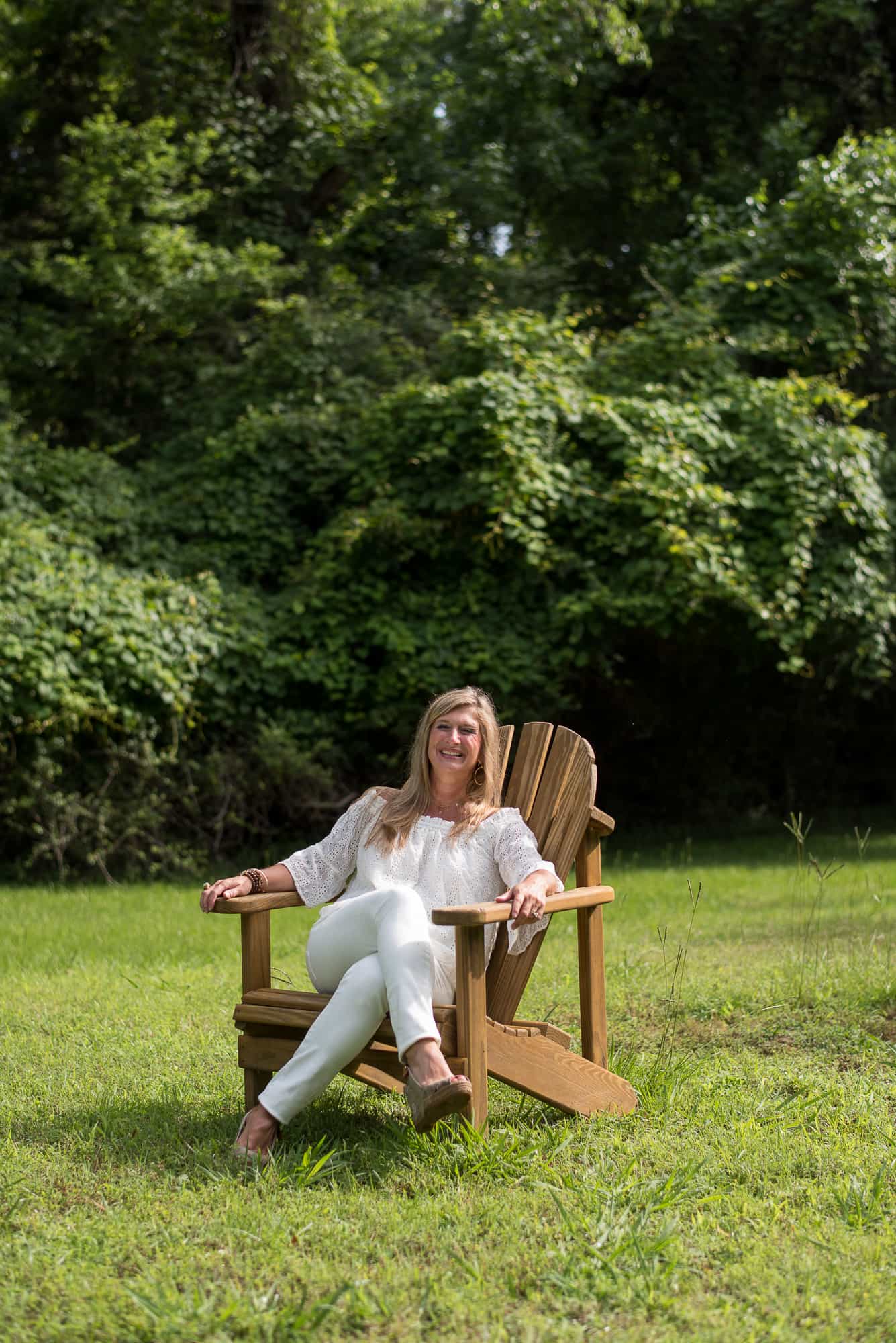
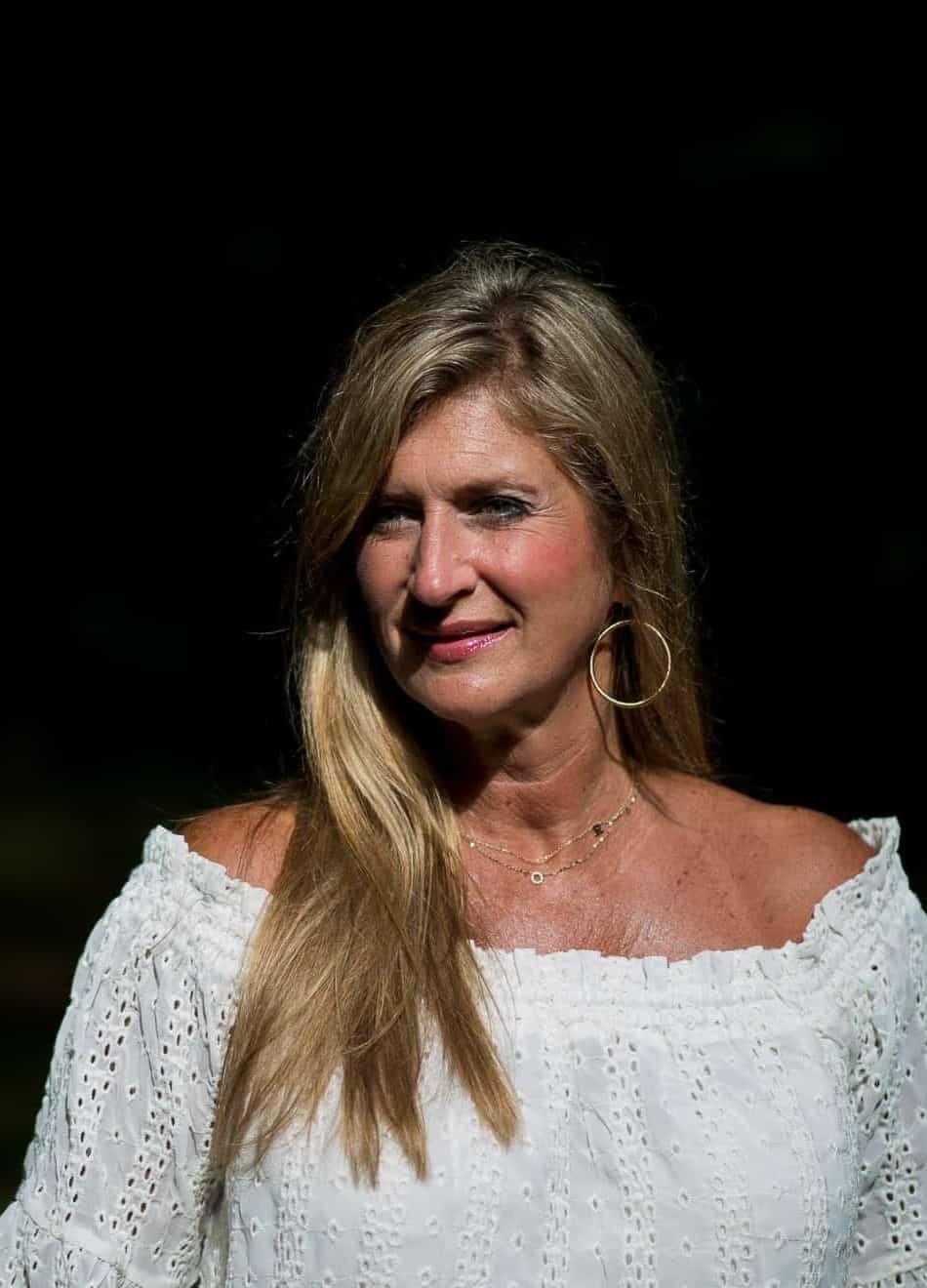
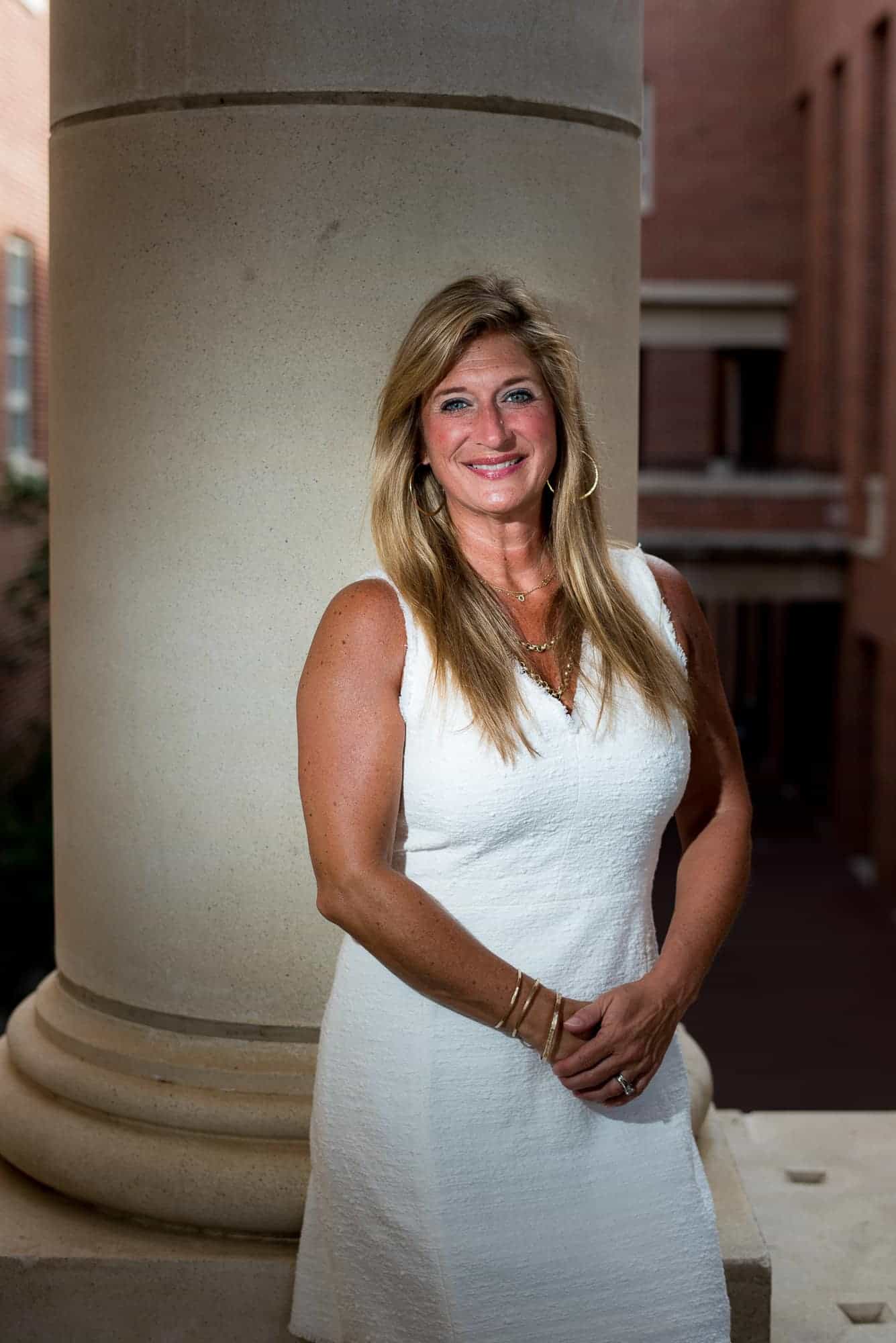
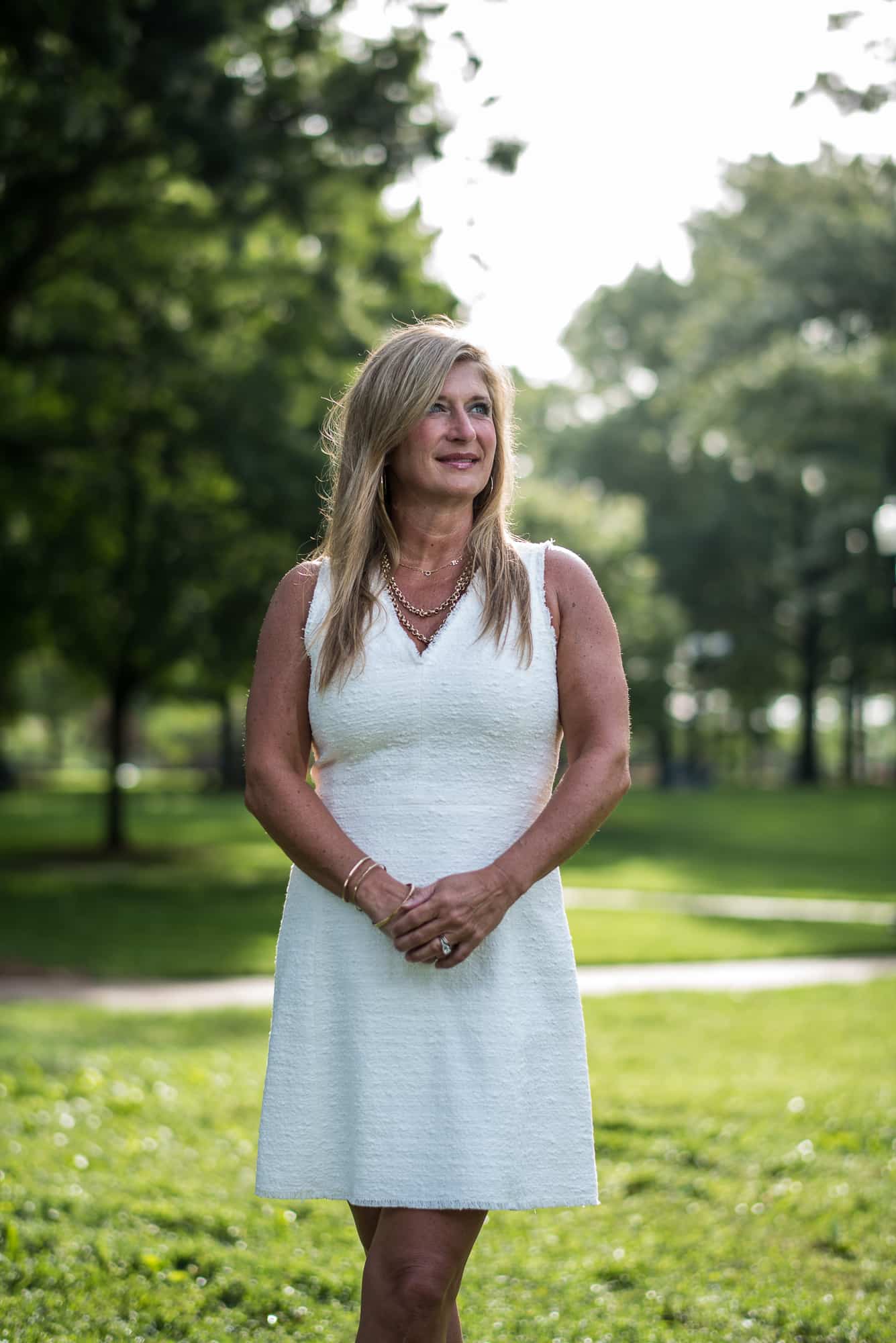
Lafayette County is the fastest-growing place in Mississippi with Oxford at the epicenter of the area’s unprecedented growth. Some say it’s a good problem to have, particularly in a place like Mississippi where the state population continues to shrink. But with growth comes the challenge of accommodation and whether the city can keep up.
“There are a lot of growing pains associated with this and a lot of tough decisions that are going to have to be made,” she says. “It is not for the weak in spirit.”
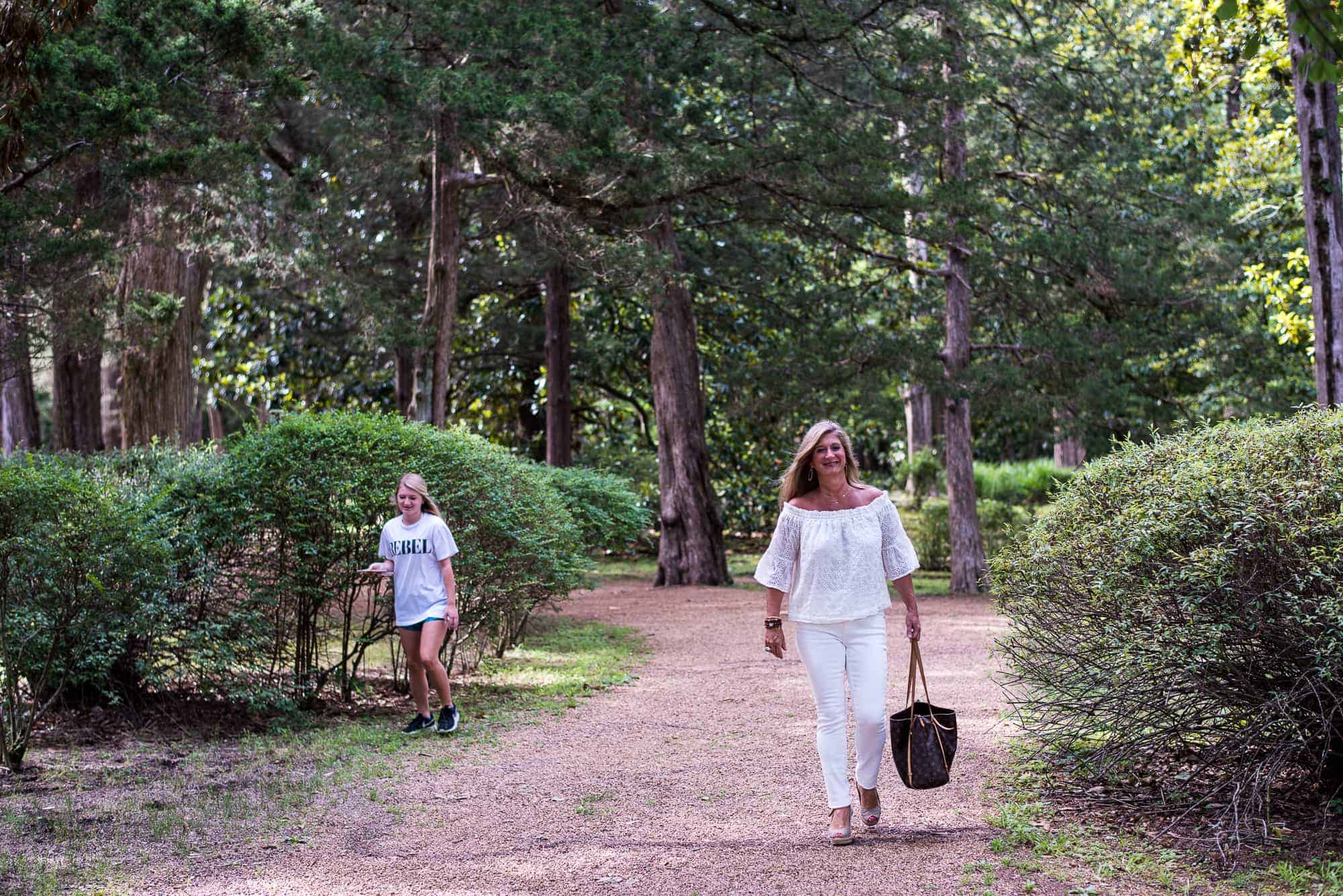
Mayor Robyn Tannehill (right) with daughter Maggie.
It’s a complex challenge for Tannehill and city leadership, spanning a range of issues that will require the city,
One potential issue stems from the university acquiring land outside of the original land grant agreement. Decisions regarding how that land is or isn’t developed will require a collaborative effort, Tannehill says.
“The most important thing to me is for (the city and the university) to have open discussions about what we’re finding,” Tannehill says. “Because every move we make affects the other, and not so much because one or the other has veto power or is seeking approval. It’s to talk about how something would affect us positively or negatively, or maybe some of both.”
Internal changes are high on Tannehill’s list, including boosting morale among the city’s 500 employees.
“They need to know that they are appreciated,” she says. “I’d like to continue to encourage employees to invest in our community, and I want them to love where they work and what they do. That’s important to me.”
Establishing a communications strategy is also important to Tannehill for both how the city disperses information and how she interacts with people, particularly on social media. But she also hopes to encourage better communication within the community.
“I have been struck by a lot of people who will call and say, ‘I need code enforcement to come out here because my neighbor won’t cut his grass and won’t pick up his trash cans.’ So I say, ‘Have you talked to your neighbor about it?'”
“Their response: I don’t know who they are. What do you mean you don’t know who your neighbors are?”
In the end, it’s Oxford losing its sense of community that worries Tannehill most when it comes to rapid growth. Designing the city in a way that accommodates growth without losing personal connection is fundamental, she says.
“We can’t shy away from certain things just because it might make someone uncomfortable or because it may hurt someone’s feelings or because somebody is passionate about it on the other side. There are many more conversations over the next four years that are going to be had to keep us moving forward.”
“Local government provides the opportunity to make the biggest difference. And I care about leaving this place better than I found it.”

Featured in the July 2017 issue of Oxford Magazine








